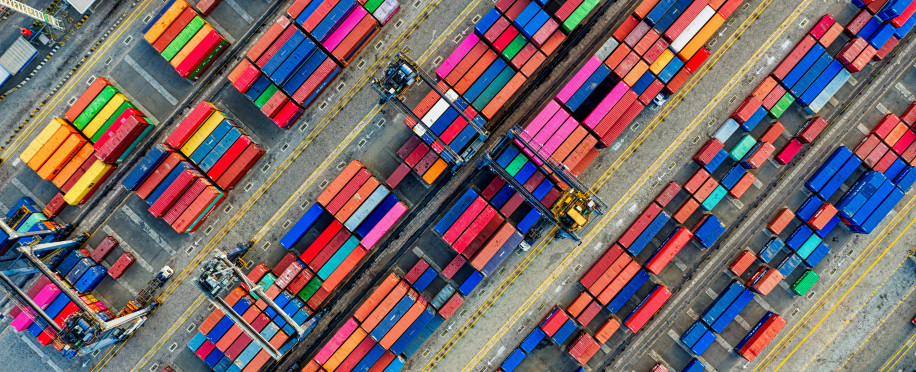Copyright © 2026 lmitac.com All Rights Reserved. Contact - Terms and Conditions - Privacy Policy - Quality Policy - Become an instructor - Vacancies - Sitemap
London Maritime Academy is a trade name for London Premier Groupversion: 2.9.0
London Maritime Academy is a trade name for London Premier Group

Posted on : 9/26/2024, 9:46:01 PM
Last Update : 9/26/2024, 9:46:01 PM
In recent years, the shipping industry has been ripe for disruption. With its intricate logistics, high operational costs, and demand for efficiency, Artificial Intelligence (AI) is set to transform the way goods move across the globe.
AI has the potential to optimize the shipping process from end to end. Advanced algorithms could enhance route planning, ensuring vessels take the most efficient paths, reducing fuel consumption, and decreasing shipping times. Predictive maintenance powered by AI could identify potential equipment failures before they occur, minimizing downtime and maintenance costs.
AI applications can significantly improve safety in the shipping industry. Autonomous vessels equipped with AI systems can navigate complex marine environments, avoiding collisions and ensuring safer journeys. Additionally, AI-driven monitoring systems can detect hazardous conditions and alert human operators in real time. For professionals looking to stay ahead in this evolving field, Shipping Management Courses offer essential knowledge on integrating AI technologies to enhance safety protocols and operational efficiency.
With growing concerns about environmental impact, AI could make shipping more sustainable. AI can optimize fuel usage, reduce emissions, and manage cargo loads more efficiently. Smart shipping containers equipped with sensors can monitor temperature, humidity, and other factors to ensure goods are transported in optimal conditions, reducing spoilage and waste.

Supply chain visibility is crucial for timely deliveries and customer satisfaction. AI can provide real-time tracking of shipments, enhancing transparency and allowing stakeholders to monitor the progress of goods. This could lead to better inventory management and prompt responses to any delays or issues.
The integration of AI could result in significant cost savings for the shipping industry. By automating tasks and optimizing operations, companies can reduce labour costs and improve profit margins. Moreover, predictive analytics can help in price forecasting, enabling better budgeting and financial planning.
Despite its potential, the adoption of AI in shipping is not without challenges. There are cybersecurity concerns, as autonomous vessels and AI systems could become targets for cyberattacks. Additionally, the transition to AI-driven operations may face regulatory hurdles and require substantial investments.
The future of shipping looks promising with the integration of AI. As technology advances, we can expect to see more efficient, safer, and sustainable shipping practices that would revolutionize the global logistics industry. While challenges remain, the potential benefits of AI make it an exciting frontier worth exploring.